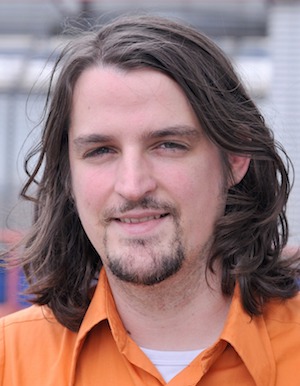Nonresident Members
Honorary Members
Prof. Dr. Herbert Gajewski († 2019)
As the head of the research group “Partial Differential Equations and Variational Equations” at the Weierstrass Institute, Herbert Gajewski made important scientific contributions to the research on mathematical models of semiconductors - a field where he achieved a worldwide leading position (including countless activities in numerics and industrial applications). After obtaining his Ph.D. from Humboldt University he started his position at the Institute for Mathematics of the Academy of Sciences of the GDR (later the Weierstrass Institute). From January 1993 to September 1993, he was the acting director of the newly founded Institute for Applied Analysis and Stochastics. In 1994, he was awarded the prestigeous Karl Heinz Beckurts Award for providing impulses for industrial innovations. Herbert Gajewski was the mastermind of the scientific software package WIAS-TeSCA.
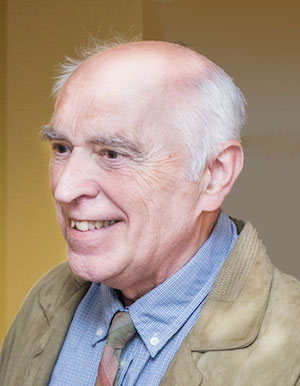
Prof. Dr. Konrad Gröger († 2020)
Konrad Gröger studied Mathematics at the Humboldt University from 1953 to 1958. In 1970, he began to work at the Institute for Applied Mathematics and Mechanics of the Academy of Sciences of the GDR (predecessor of WIAS) and wrote the standard monography “Nichtlineare Operatorgleichungen und Operatordifferentialgleichungen” together with Herbert Gajewski and Klaus Zacharias. During this period, he became one of the leading scientists in his field. In 1990, Konrad Gröger became an honorary professor at Humboldt University Berlin and was appointed ordinary professor in 1993. From 1996 to 1998 he was the First Vice President of Humboldt University. Until his retirement in 2001, he wrote scientifically renowned articles, in particular in the field of mathematical modelling of semiconductors.
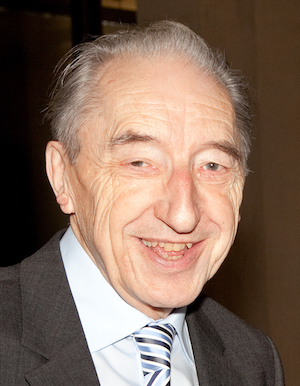
Prof. Dr. Alexander Mielke
Alexander Mielke led the Partial Differential Equations research group at the Weierstrass Institute from 2005 to 2023. At that time, he also served as the deputy director and, from 2015 to 2017, as the interim director. His work focuses on nonlinear partial differential equations and the development of variational methods for problems in continuum mechanics and materials science, in particular, for systems with multiple spatial and temporal scales. This includes the description of nonlinear elasticity, plasticity, material fractures, reaction-diffusion processes, and notable contributions to rate-independent systems and generalized gradient systems. In 1989, he was awarded the Richard von Mises Prize by the GAMM and the Heinz Maier-Leibnitz Prize by the DFG. In 2011, he received the prestigious ERC Advanced Grant for the project Analysis of Multiscale Systems Driven by Functionals. He also served as the Treasurer of the International Mathematical Union (IMU) and headed the IMU Secretariat at WIAS from 2011 to 2020.
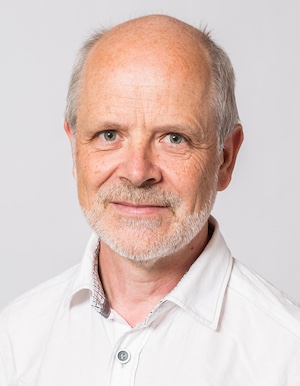
Prof. Dr. Jürgen Sprekels
As the director of the Weierstrass Institute from 1994 to 2015, Jürgen Sprekels exerted a great influence on the development of the institute. He is an internationally acknowledged expert for applied analysis; in particular, modeling, analysis, control and numerical treatment of phase transistions, hysteresis phenomena and free boundary problems. He is the author of more than 140 refereed articles and two books. He was the head of the WIAS sub-project within the KRISTMAG consortium which has been awarded the Innovation Award Berlin-Brandenburg in 2008. From 1999 to 2005, as the spokesman of Section D (Mathematics, Sciences, Engineering), he was a member of the Executive Board of the Leibniz Association. Furthermore, from 2002 to 2009, he was a member of the Executive Board of the Research Center MATHEON, and from 2006 to 2010 the Coordinator of the International Mathematical Sciences Institutes (IMSI).
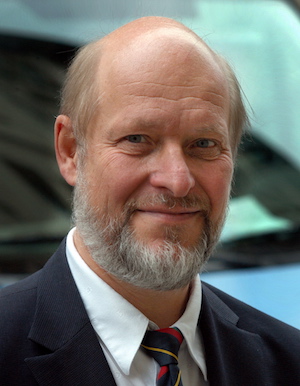
Associated Scientists
Prof. Dr. Peter Friz
Peter K. Friz works in the fields of rough and partial differential equations, quantitative finance and applied stochastic analysis. After studies in Vienna, Paris and the Trinity College in Cambridge, he obtained his Ph.D. at the Courant Institute, New York, with S. R. Srinivasa Varadhan. He then worked as a quantitative associate at Merrill Lynch, New York, before joining the Cambridge University faculty in 2004, where he stayed until his move to TU Berlin and WIAS in 2009. In 2017, he was named Einstein Professor. Peter Friz was awarded two ERC grants (2010 and 2016). His books on rough path theory, with Nicolas Victoir and Fields Medalist Martin Hairer, respectively, are considered works of reference.
